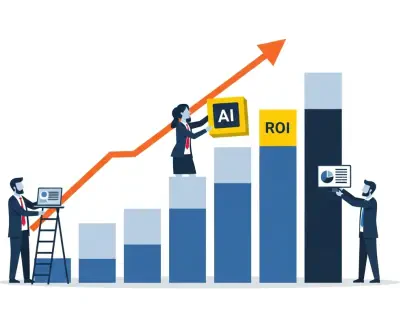In recent years, the tech industry has seen an unparalleled rise in the adoption of AI for automating and streamlining coding processes. However, as companies adopt these AI tools with increasing frequency, confidence in the quality and integrity of AI-generated code remains a critical challenge. Addressing this challenge head-on, Digma has introduced a groundbreaking product called “Preemptive Observability” to support enterprises adopting AI code generation more confidently. This innovative solution is designed to offer comprehensive oversight and proactive detection of potential issues before they become substantial obstacles.
Digma’s Preemptive Observability aims to facilitate a more reliable AI development environment by focusing on the early identification and resolution of possible problems inherent in AI-generated code. This capability is pivotal in ensuring that AI-driven implementations are both efficient and trustworthy. The solution embodies the growing trend within the technology sector that underscores the necessity for robust observability tools to foster the growing reliance on AI. By embedding preemptive mechanisms within the AI development lifecycle, Digma’s product is expected to significantly enhance operational performance and trustworthiness.
Beyond mere error detection, Preemptive Observability provides enterprises with actionable insights, enabling them to address issues with AI-generated code proactively. Such insights not only help in mitigating risks but also contribute to the optimization of the overall development process. This product marks a major advancement in how organizations can monitor, manage, and improve their AI-powered code bases. In essence, it serves as both a shield and a guide, steering software development teams toward better and more secure coding practices supported by AI.
By offering these sophisticated observability capabilities, Digma aligns itself with the collective consensus of the tech industry, emphasizing the importance of robust observability infrastructures to ensure successful AI adoption. These solutions are not just a temporary fix but a sustainable approach to managing the intricacies of AI-driven code generation. The industry’s positive reception of such innovations signifies a substantial shift toward prioritizing quality and reliability in AI development, further cementing the role of tools like Digma’s in contemporary software engineering.
Reflecting on the introduction of Preemptive Observability, it’s clear that the initiative made a significant impact. The tech community recognized the importance of tools that enable preemptive action, greatly reducing the risk associated with AI-generated code. As enterprises continue to integrate AI more deeply into their development processes, tools that boost confidence through rigorous observability practices will become indispensable. This shift marked a step forward in creating trustworthy and efficient AI-driven coding environments where organizations could rely on AI without compromising quality or security.









